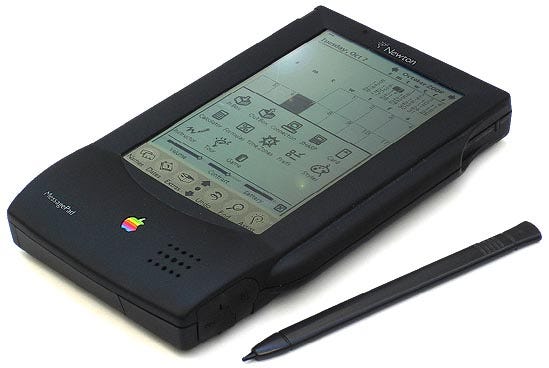NOTE: I originally posted this to Medium (follow this link), but thought I would share it on my personal blog as well. Enjoy!
A friend and colleague of mine recently mentioned that I was “Old School IT” — actually several times. I have been thinking on it most of the weekend, and thought it might be worthwhile to share some of those thoughts.
Let’s start with a definition: In this case, old skool refers to a technology enthusiast that probably has 20+ years experience, and, at one point in their careers, has pretty much seen and done it all when it comes to information technology: system administration, wire monkey, help desk, network Jedi (or Sith, depending on your affiliation), database admin, and/or printer paper filler. You might have even had that title-of-titles: COMPUTER GUY.
In all likelihood, at this point in their careers, they are a specialist or expert — having done many of the various aspects of IT and settled into a specialty (for me it has been information security, or — even more specifically — information security and compliance in the various cloud architectures). They may even be a member of management — using those skills gained over the last decade plus to educate and train others in the technical field. In some rare cases, the old skool tech has become an executive, using their experiences to drive a technical vision and direction for an enterprise or the industry. In my years of tech, I have been privileged to know and even work with a few of these. It is a truly amazing thing to see experienced technical innovators at work — the right combination of business acumen with technical kung fu.
Now to really age myself — Part of being old skool is remembering and working in a time where technology was NOT ubiquitous, the Internet was a very small collection of web pages, and the only thing that Apple had released as a portable mobile device was a Newton (and no — a Mac Portable does NOT count).
Point being — I remember the trial and error in building computers (jumper combos and dip switches), programming EPROMs, coding using the VI editor in some flavor of Unix and making a Macaquarium out of my Mac SE/30 (still wish I had that thing). Answers came in books and manuals (RTFM), not Google searches (anyone remember setting up Sendmail using the Bat Book?). It isn’t to say that the twenty somethings that are the techies of today are not qualified, but it is a very different beast than it was when I started (one could say the same thing about programming with punch cards or even worse — in Fortran — but I am not THAT old).
Being old skool has made me a better technologist: instead of jumping into management and executive positions with no experience, I have been there and done that in the technical world. I can honestly relate to those that I am talking to at *ANY* level. A significant part of my job is talking to people about cloud security, and I have the confidence and the experience to relate directly to the audience — from the C-Table to the security engineer — because I have been there and done that. For example, when attending a technical conference, which was better: the sessions where someone drones on and on about technology (think PowerPoint of Death), or the sessions led by someone who is a technical expert in his/her subject (think technical demos or just Q/A)?
I never really intended to have a career in the technology industry — it just sort of happened. But I kept coming back to it, despite diversions in politics and non-profits. Sure, it pays the bills. But there is more to it. The constant challenge of learning may not be unique in any particular vertical, but in the technology world, and even more so in the information security and cloud spaces, the technology and uses are evolving right in front of us.
Old skool technologists — then — are those that have evolved as the technology has evolved. They have stayed relevant with their skills, applying their experiences to better understand the next evolution — revolution.
I am proud to be considered old skool…
(BTW — I am not so “old school” as to not know how it is really spelled…)

